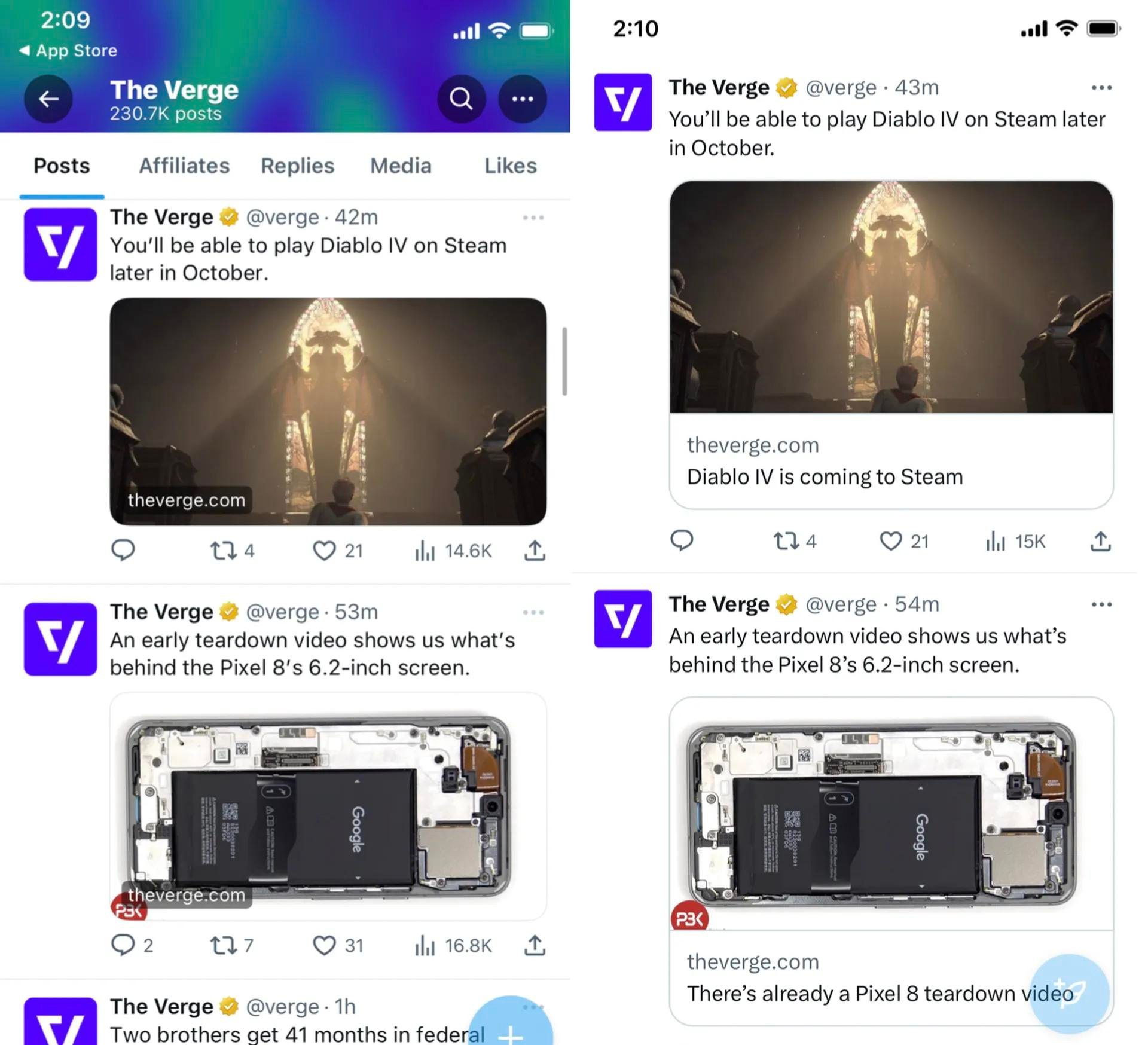Researched by: Rachel John, Nirmal Bhansali, Aarthi Ramnath & Anannya Parekh
Let the (World Cup) games begin!
The ODI tournament kicked off with a one-sided match between New Zealand and England. The Kiwis cruised to a nine-wicket win thanks to the pyrotechnics provided by Rachin Ravindra—who chalked up a 273-run partnership with Devon Conway in 35.1 overs. Of course, Ravindra’s India connection makes it all the more special:
It was nice to have my parents there watching: they flew over from New Zealand. It was cool to have that moment and it's always nice coming to India — there's a sense of a family connection whenever I'm in Bangalore, being able to see my grandparents.
FYI: His Bangalore-born dad named him after Sachin Tendulkar and Rahul Dravid—hence, Rachin.
OTOH, the empty stands in Ahmedabad told a sadder story:
Unlike the Indian Premier League (IPL) matches at this venue, there was an eerie silence outside the main gate with an hour to go for the toss. Even the vendors selling flags, face-painters, fake team jersey sellers, stale-sandwich hawkers wore a disappointed look. There were no bottlenecks, no pushing or shoving. Till late in the evening, the toilets would have remained clean.
Some see it as evidence of the demise of the ODI. Or fans may not be all that interested in midweek matches that don’t involve India? The match against Australia this weekend will offer a better test. ESPNCricInfo has more on Ravindra blazing rise. Indian Express reports from the stadium. You can watch Rachin talk about his name and jersey number below.
Moving on to the other World Cup: Anyone who plans to attend games at the 2030 FIFA World Cup better get ready to chalk up those frequent flyer miles. The tournament will be primarily hosted by three countries: Morocco, Portugal and Spain. But a number of opening matches will be held on the other side of the world—Uruguay, Argentina and Paraguay. The nice bit: Morocco will be the first North African country to host a World Cup. Reminder: The 2026 World Cup will at least be on the same continent—hosted by Canada, US and Mexico. (New York Times, paywall, BBC News)
Espionage investigation into Alibaba
Belgian intelligence services have been monitoring the Chinese company’s main hub in Europe—the cargo airport in Liège. The key focus is Cainaio—which manages logistics:
“The main concern is that this platform, alongside a couple of other logistical platforms that the Chinese have been proposing to European countries, is giving them a lot of insights into supply chains and into eventual vulnerabilities,” said Jonathan Holslag, a professor at the Vrije Universiteit Brussel… Cainiao is able to access data about merchants, products, transport details and flows, said a person familiar with its IT systems. Holslag said there was also a risk Cainiao could access information about final consumers.
The real problem is that all Chinese companies are required to hand over all information to the government on demand. That’s making governments around the world extremely antsy about Chinese presence in any critical area—be it 5G or ecommerce logistics. (Financial Times)
Speaking of China: Beijing announced ambitious expansion plans for its space station—doubling its size from three modules to six. The aim: to offer other countries an alternative to the International Space Station—which is also nearing retirement. Tiangong—or Celestial Palace in Chinese—can only host a maximum of three astronauts at an orbital altitude of up to 450 km (280 miles). And it is still 40% the size of the ISS. FYI: Russia has similar plans to build its own space station—perhaps in partnership with allies like India and Brazil. (Reuters)
And that reminds us of Prada: Yup, the fancy Italian brand—which has signed up to design spacesuits for NASA’s 2025 lunar mission. It is teaming up with Axiom—the company contracted to manufacture the suits. One small step for man, one giant leap for style. (Gizmodo)
Sikkim floods toll rises
A cloudburst over Lhonak Lake triggered flash floods—and severely damaged the Teesta Urja dam. The death toll has risen to 18—and 98 people are still missing. Also: 3,000 tourists are stranded across Sikkim. The Hindu has a detailed report. Hindustan Times explains why the floods are raising concerns about dams on the Teesta river.
In other dismal news: Thirty seven patients—including 18 newborns—have died over four days at a single hospital in Maharashtra. The acting dean and a doctor have been booked on charges of culpable homicide for the death of a mother and her baby. The Telegraph reports on what went wrong.
A big climate change pledge
Twenty-five developed countries have pledged $9.3 billion to help developing nations tackle climate change. Germany alone has promised $2.1 billion. Five others said they will announce their plans in the future—so the final sum may be much higher. The money will be channelled via South Korea-based Green Climate Fund. The good news: Germany, Austria and France. Denmark, Ireland and Liechtenstein doubled their pledges. The bad news: The United States was MIA—although President Biden announced $1 billion in new climate finance in April. European leaders are also calling on richer countries in the so-called Global South to do their fair share:
Besides the other industrialised nations, I increasingly see also the responsibility of countries who are not part of the classical donors: for example, Gulf states that got rich due to fossil energy, or emerging nations such as China who by now are responsible for a large share of carbon emission.
Quartz has more on the donor conference in Germany—and why climate change activists are still unhappy.
In more evidence of climate change: Global temperatures in September hit a record high—on the heels of the hottest ever July and August. In fact, July was the hottest month on record. And 2023 is shaping up to be the hottest year ever recorded. But scientists are calling the data for September “gobsmackingly bananas”—because it beat the previous record for that month by 0.5°C—the largest jump in temperature ever seen. The Guardian has more on the reasons why. The graph below captures the astonishing jump.

Meanwhile, in India: Delhi topped the list of the most polluted cities in the country—followed by Patna and Muzaffarpur in Bihar. Indian Express has that story. The Hindu reports on the 63% jump in stubble burning in Punjab—which means Delhi-walas are in for a miserable Diwali. This Big Story has more on how burning fields affects air pollution in the capital.
And the Nobel Prize in Literature goes to…
Norwegian author Jon Fosse. He has written “dozens of enigmatic plays, stories and novels, including a seven-book epic made up of a single sentence.” Fosse’s plays are among the most performed in Norway. His work isn’t for the easily distracted:
Edmund Austigard, executive officer of Fosse’s publisher, Samlaget, said the author described his work as “slow writing and reading literature. It’s not a type of literature that you bring to the beach and read in an hour or two,” he said. “It’s a type of literature ... that invites you into a unique world and invites you to stay there for a while.”
And he writes in Nynorsk—one of the two scripts for the Norwegian language used by just 10% of 5.4 million Norwegians. The Guardian has more on the response to the announcement. (Associated Press)
The great Twitter/X melodrama: The latest update
In its quest to mess with media outlets, the platform will no longer display headlines or preview text for news story links. On the right is before—and the left is after:

This is part of owner Elon Musk’s campaign to force everyone to share more content on the platform—which hardly makes sense for news outlets. They get no traffic to their websites—and offer free content to X users—increasing engagement time for the platform at their expense. Even Musk seems to realise this is a hard sell—which is why he’s been dismissing “legacy news”—claiming he doesn’t read it anymore. (The Verge)
Three things to see
One: Meta is in trouble over its newly released tool that generates AI stickers—when you give it a prompt. What could go wrong?
[T]he AI will block a phrase like “child with gun” and display a warning message about how the prompt doesn’t follow Meta’s Community Guidelines. Emu will, however, generate stickers with the similar, more niche prompt “child with grenade.” It not only creates stickers of kids holding the weapon but also produces stickers of children holding guns.
Ah machines, always stymied by human morality. But can you really hate on a tool that gives you Karl Marx with breasts? We think not. (Gizmodo)

Two: A baby beaver was spotted in London for the first time after 400 years. They were hunted to extinction in the 16th century—for their meat and fur. Those nasty Elizabethans! Next up: Beaver safaris! No, we’re not joking. (The Guardian)

Three: Finally, a lovely clip of Dr Drew Weismann telling his parents that he won the Nobel Prize for Medicine. The sweetest bit: when the mom says: “And you’re so young!” You’ll see why:)

 souk picks
souk picks